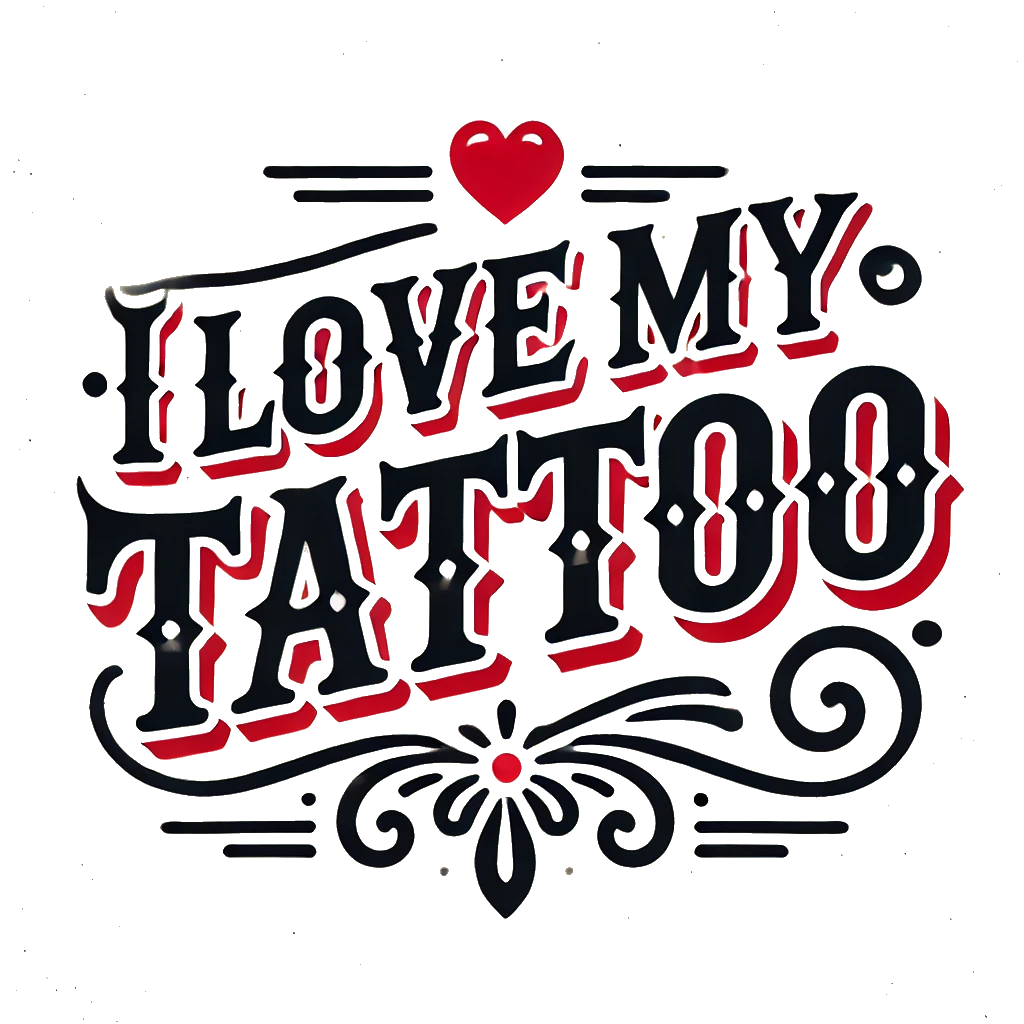Tattoos have a long and complex history, with their significance and acceptance varying greatly across different time periods and cultures. Throughout history, tattoos have been the subject of controversy, often seen as symbols of rebellion, deviance, or cultural identity. The perception of tattoos has evolved over time, reflecting changing social norms and attitudes towards body art.
In ancient times, tattoos were commonly used for spiritual or ritualistic purposes. In many indigenous cultures, tattoos were seen as symbols of status, protection, or belonging to a particular tribe or community. However, with the spread of Christianity and other monotheistic religions, tattoos came to be associated with paganism and were often condemned as sinful or immoral.
During the Renaissance period in Europe, tattoos fell out of favor among the upper classes but remained popular among sailors, criminals, and marginalized groups. Tattoos were often used to mark individuals as outcasts or criminals, leading to negative stereotypes and stigmatization.
In the 20th century, tattoos experienced a resurgence in popularity among certain subcultures such as bikers, punks, and rock musicians. However, they continued to be viewed with suspicion by mainstream society, seen as symbols of rebellion or nonconformity.
In recent years, attitudes towards tattoos have become more accepting in many parts of the world. Tattoos are now considered a form of self-expression and artistry rather than a sign of deviance or criminality. Despite this shift in perception, controversies surrounding tattoos still exist in some contexts.
For example, in certain workplaces or industries, visible tattoos may be frowned upon or even prohibited due to concerns about professionalism or corporate image. In some cultures or religious communities, tattoos are still seen as taboo or forbidden due to traditional beliefs or values.
Overall, the controversies surrounding tattoos in different time periods reflect broader societal attitudes towards body modification and self-expression. While tattoos have become more mainstream and accepted in many parts of the world today, they continue to provoke debate and discussion about identity, culture, and personal choice.



